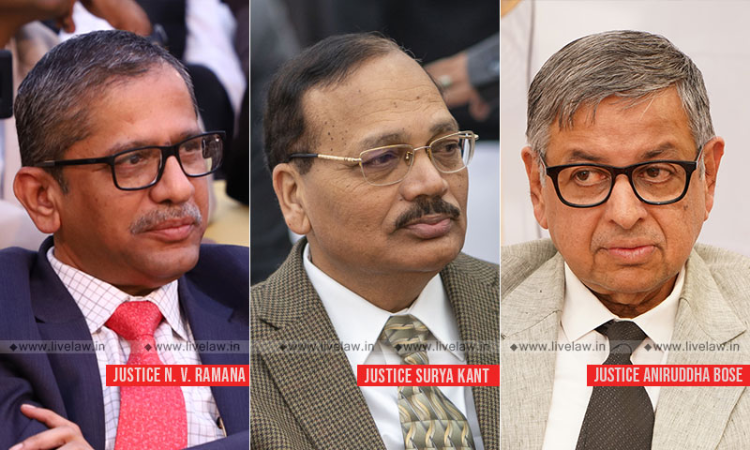Breaking-Violation Of Fundamental Right To Speedy Trial Is A Ground For Constitutional Court To Grant Bail In UAPA Cases: Supreme Court
LIVELAW NEWS NETWORK
1 Feb 2021 7:31 PM IST

Restrictions Under Section 43-D(5) Of UAPA Does Not Oust The Ability Of Constitutional Court Courts To Grant bail On Violation Of Fundamental Right
Next Story


